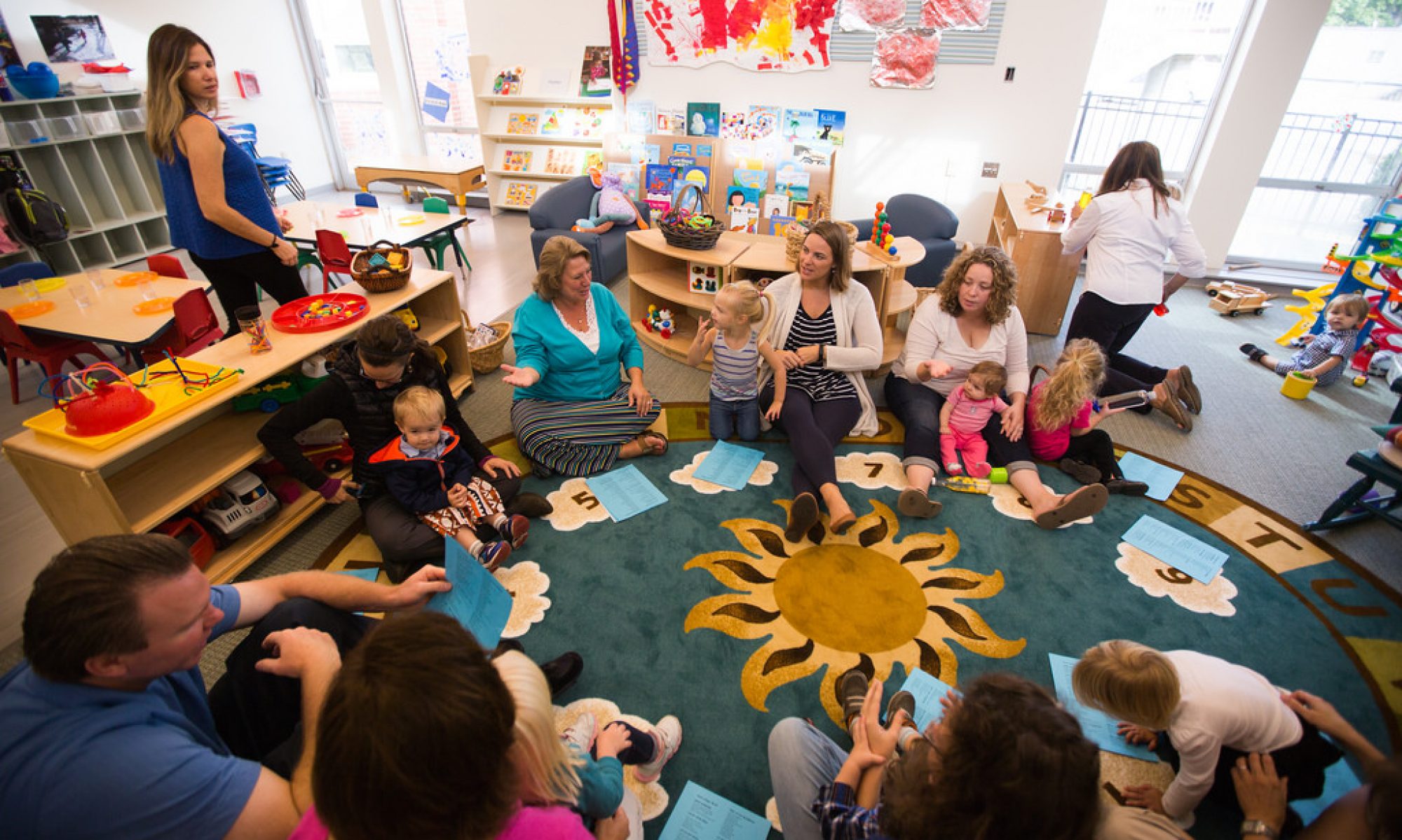By Cindy McCleary Marston
Principia’s founder, Mary Kimball Morgan speaks about the vital importance of demonstrating a beautiful, strong, harmonious home life. She states, “A home that is rich in love and Christian courtesy will develop a pure childlikeness that is fit to inherit the Kingdom of Heaven. Let children feel their responsibility in making home the dearest spot on earth. Don’t be such unselfish parents that you make selfish children. Make it possible for them to do their part in the homemaking.” (Education at The Principia p. 24)
In the article below, originally published in Principia’s Parent and Family Newsletter in Fall 2002, author Cindy McCleary Marston explains some of the skills her children developed through their household chores or “contributions.”
When my children were very young, I read a book called 401 Ways to Get Your Kids to Work at Home, by Bonnie Runyan McCullough. This book confirmed for me that chores are a way to teach children the skills they will need to take care of themselves and be productive citizens. It includes lists of skills that children should know by various ages. The skills are grouped into categories, including personal care, clothing care, household, cooking, money, and navigation and auto. Under each group is a list of various tasks to teach that skill.
Based on the lists in the book, my husband and I developed a game plan for having our children do chores to enable them to learn life skills. Listening to and respecting the children’s ideas regarding their chores and allowing them to do them in their own way (to music or with different tools than I would have used) is essential. Giving children a choice about their chores makes them more willing to participate in the activity. For example, collecting and taking out the trash used to be a child-assigned chore, but both of our children really disliked doing it. So they negotiated a trade with Dad, and now Dad takes out the trash.
In this process, my husband and I are learning to be disciplined in our own thought and actions. Believing in the worthiness of our goal has made us persist in allowing the kids to learn now to do various chores, even when it would have been much quicker and easier to do them ourselves. We are also learning to be consistent in our standards and in applying consequences when a child does not do a chore or does not meet the standard.
We periodically ask ourselves whether our actions are achieving our desired goals. There can be a fine line between appreciating the children’s efforts and recognizing when they have done a poor job. We find it effective to ask them to double-check for completeness and thoroughness before we check. Redoing chores is never fun for anyone, and so we have tried to teach our children to do things right the first time. As an American salesman once noted, “Genius is the ability to evade work by doing it right the first time.”
Of course, there have been times when other activities took priority, and their assigned tasks were not done. But because we believe that their chores are an important contribution to the home, that is the exception rather than the rule.
Today, if I were to do anything differently, it would be to substitute the word “contribution” for the word “chore.” It is a more positive and more accurate word for what they are doing. Communicating that we rely on our children to complete certain tasks helps them to understand that they are an integral part of the family. We emphasize to our children that their chores are essential to the harmonious functioning of our household. Truly, their contributions make it easier for us to have the time to be able to take them to and/or participate in their various activities.
Taking pride in learning a new skill, being thorough, and finishing a task are a few of the abilities our children have developed through their assigned responsibilities. Planning ahead and negotiating consequences or a trade or tasks are a few of the unforeseen skills they are acquiring.
Finally, they are also gaining a general knowledge of the variety of tasks involved in keeping a household functioning. Just recently, when I asked my 14-year-old son to “fix the bathroom sink,” I was really asking him to follow the directions on the Drano bottle. He, however, got out the tools and bucket, took apart the pipes, gloried in all the disgusting gray goop that he was able to remove, and proudly showed us how easily the water drains now. I was thrilled, too. And later, when I discovered his dirty breakfast dishes still in the kitchen sink, I was able to chuckle and just be grateful that the bathroom sink now works!
